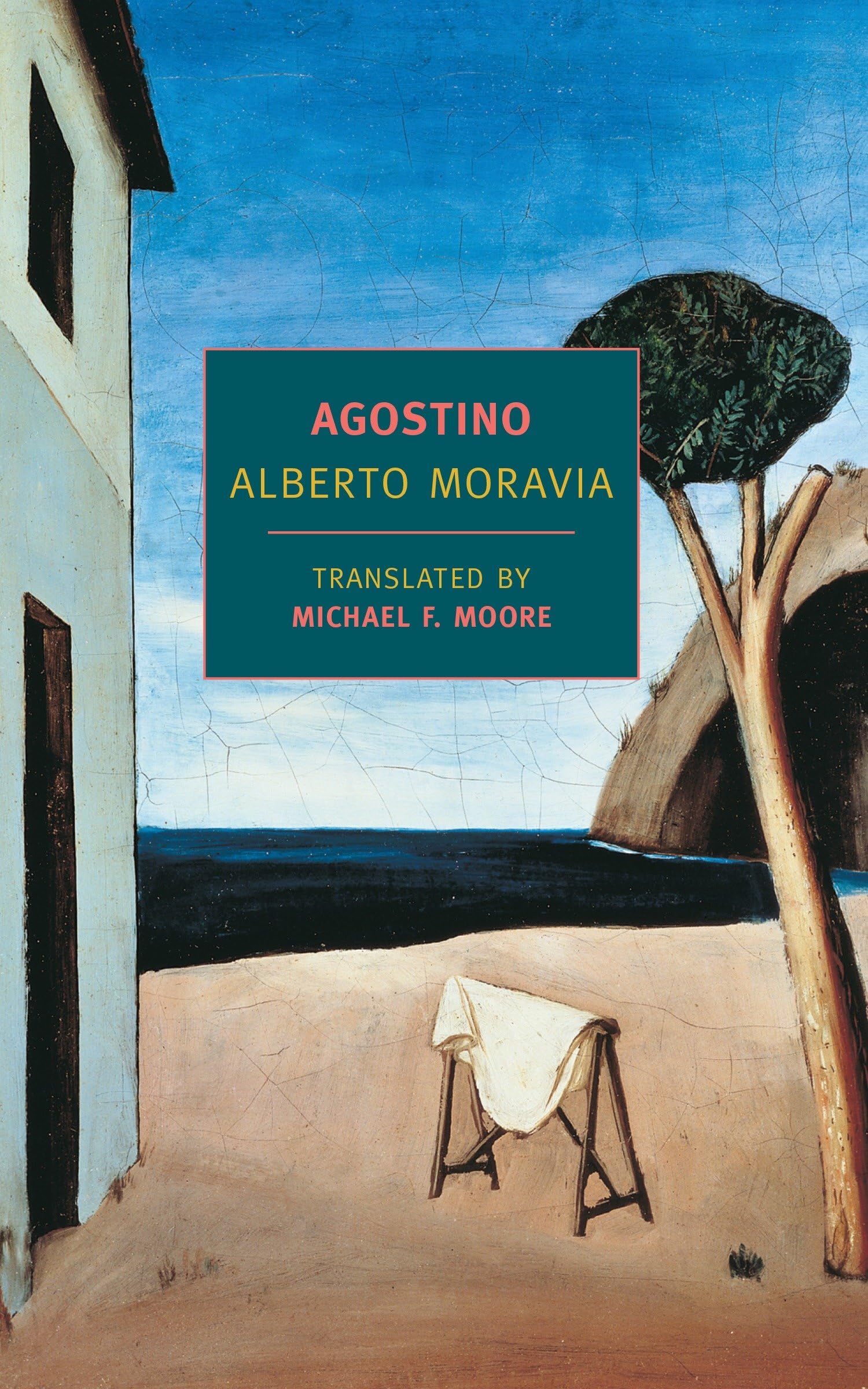
Agostino
Book Description
Caught between childhood innocence and the harsh realities of adulthood, a boy named Agostino is thrust into a whirlwind of desire, betrayal, and self-discovery during a fateful summer at a seaside resort. As he navigates his burgeoning feelings for a beautiful woman and grapples with the sudden complexities of family dynamics, the lines between love and obsession blur. Each encounter pulls him deeper into a world where passion ignites and shattered illusions reign. Will Agostino emerge from this tumultuous season with his innocence intact, or will he be forever changed by the revelations that await him?
Quick Book Summary
"Agostino" by Alberto Moravia is a coming-of-age novella that chronicles a 13-year-old boy's tumultuous journey from innocence to self-awareness. Set against the Italian seaside, Agostino enjoys an idyllic summer with his widowed mother. When his mother forms a close relationship with a suave new companion, Agostino’s sense of security is shaken. Feeling alienated, he seeks refuge among a group of rough local boys, drawn into their crude games and conversations about sexuality, class, and masculinity. The story is a poignant exploration of adolescence; as Agostino’s illusions about his mother's affection and adult relationships crumble, he is forced to confront the complexities and betrayals of adult life. Moravia’s narrative delicately portrays the painful, irreversible transition from childhood to adulthood, shaped by desire, jealousy, and the loss of innocence.
Summary of Key Ideas
Table of Contents
Loss of Innocence and the Challenges of Adolescence
Agostino arrives at a seaside resort with his beautiful widowed mother, relishing his privileged world defined by maternal comfort and childish play. Their close, almost exclusive relationship is a fortress of innocence, with Agostino proud of acting as his mother’s protector. Early on, his world is idyllic and comforting, yet fragile in its dependence on childhood bonds. The shimmering summer days represent a last bastion of simplicity before the coming storm of adolescent upheaval.
Complexity of Mother-Child Relationships
The fragile balance tips when a charismatic, slightly predatory older man enters Agostino’s mother’s life. This new relationship shatters Agostino’s role as confidant and guardian. Witnessing his mother’s romantic entanglement, Agostino feels jealousy and exclusion. The realization that his mother is a woman with desires of her own deeply unsettles him. Her affection is suddenly withdrawn and mysterious, exposing the limitations of their bond and the inevitability of personal change.
Awakening Sexuality and Desire
Alienated, Agostino drifts into the sphere of working-class local boys. This group introduces him to raw, sometimes cruel expressions of masculinity, mixing camaraderie with humiliation. Through them, Agostino is exposed to vulgarity, sexual bravado, and the knowledge of adult realities. The boys represent a world without the comforts of privilege—a world where innocence is quickly eroded by exposure to life’s harsh truths, and where the messy realities of class and sexuality converge.
Class and Social Division
Simultaneously, Agostino confronts his emerging feelings of desire and confusion. Drawn to the older boys’ tales and curious about sexuality, he oscillates between fascination and shame. His own budding feelings, especially toward his mother and the glimpses of adult interactions, create turmoil and longing. These experiences force Agostino to reevaluate his sense of identity, masculinity, and the nature of love, pushing him further away from the sanctuary of childhood.
Disillusionment with Adulthood
By the end of the summer, Agostino’s illusions about adult life—its stability, warmth, and clear moral boundaries—have crumbled. Betrayed by his mother’s changes and bruised by the cruelty of his new peers, he is left with a bittersweet understanding of the adult world’s ambiguities. Though he returns to his mother, their relationship is changed forever, marked by a mutual but unspoken awareness of loss. Agostino emerges from his journey transformed, no longer shielded by innocence, but possessed of a painful, vital maturity.
Download This Summary
Get a free PDF of this summary instantly — no email required.





